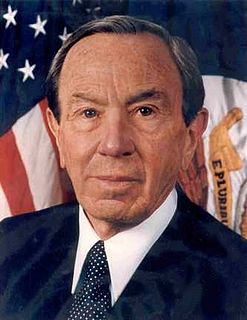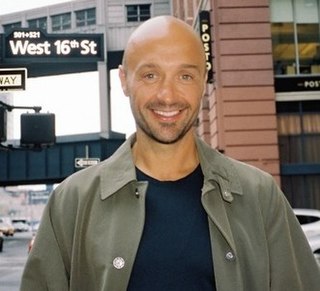A Quote by Gavin Friday
One of the biggest problems I found with Irish politics and the economic thing was after the war, after World War II, most of the European countries started to develop economically and socially, but whatever way the Catholic church they took a grip and they almost governed the country. I mean, we were almost like a dictatorship. There is good and bad, but we experienced an awful lot of bad, especially from the institutions that taught children the Christian brothers, etc.
Quote Topics
After
Almost
Awful
Awful Lot
Bad
Biggest
Biggest Problem
Brothers
Catholic
Catholic Church
Children
Christian
Christian Brothers
Church
Countries
Country
Develop
Dictatorship
Economic
Economically
Etc
European
European Countries
Experienced
Found
Good
Good And Bad
Governed
Grip
Institutions
Irish
Like
Lot
Mean
Most
Politics
Problems
Socially
Started
Taught
Thing
Took
War
Way
Were
Whatever
World
World War
World War I
World War II
Related Quotes
The E.U. is the latest of a series of multinational organizations set up after World War II to ensure that there would never again be a pan-European war and to create the conditions for a new European prosperity after the destruction wrought by the war against the Nazis. The E.U. has admirably succeeded at both.
It's important to remember that World War II was experienced very much as a continuity in that sense. Most of World War II in most of Europe wasn't a war; it was an occupation. The war was at the beginning and the end, except in Germany and the Soviet Union, and even there really only at the end. So the rest of time it's an occupation, which in some ways was experienced as an extension of the interwar period. World War II was simply an extreme form, in a whole new key, of the disruption of normal life that began in 1914.
There is a myth that the New Deal programs on their own pulled the US out of the Great Depression and created the conditions for the economic boom after World War II. As an economist, I can tell you, that is not true. In reality, it was mainly World War II that launched the boom - the massive war mobilization, the horrifying destruction and death caused by it, and then the reconstruction in its aftermath. he US was the only advanced capitalist country that was not bombed during the war.
We have to recognize that the reason that the global order that we've enjoyed and almost take for granted over the last several years exists is that after World War II, the United States and its allies tried to build an antidote to what they had seen between World War I and World War II. There, they'd seen protectionism, beggar-thy-neighbor trading policies, so they said, we'll build an open international economy. And they did that.
Behind Trump's promise to 'make America great again' lie many fallacies. The most important fallacy is that America's place in the world can be restored to the one it occupied after World War II, when Europe was still recovering from vast devastation and most developing countries were still European colonies. It can't be.
I think about my education sometimes. I went to the University of Chicago for awhile after the Second World War. I was a student in the Department of Anthropology. At that time they were teaching that there was absolutely no difference between anybody. They may be teaching that still. Another thing they taught was that no one was ridiculous or bad or disgusting. Shortly before my father died, he said to me, ‘You know – you never wrote a story with a villain in it.’ I told him that was one of the things I learned in college after the war.
Men's magazines in the period immediately after World War II were almost all outdoor-oriented. They were connected to some extent in the male bonding that came out of a war... And what I tried to create was a magazine for the indoor guy, but focused specifically on the single life: in other words, the period of bachelorhood before you settle down.
I was born just after the end of World War II, and with my friends in our little suburban backyards in New Jersey, we used to play war a lot. I don't know if boys still play war, they probably do, but we were thrusting ourselves into recent history and we were always fighting either the Nazis or the Japanese.
As you look back in history, we [the United States] have done wonderful things, the Marshal Plan is the most obvious. After World War II, we spent billions of dollars to rebuild Europe or at least part of Europe after the devastation of World War II. We did it out of charity, but we also did it to keep the Russians from getting deeply into Europe.




































